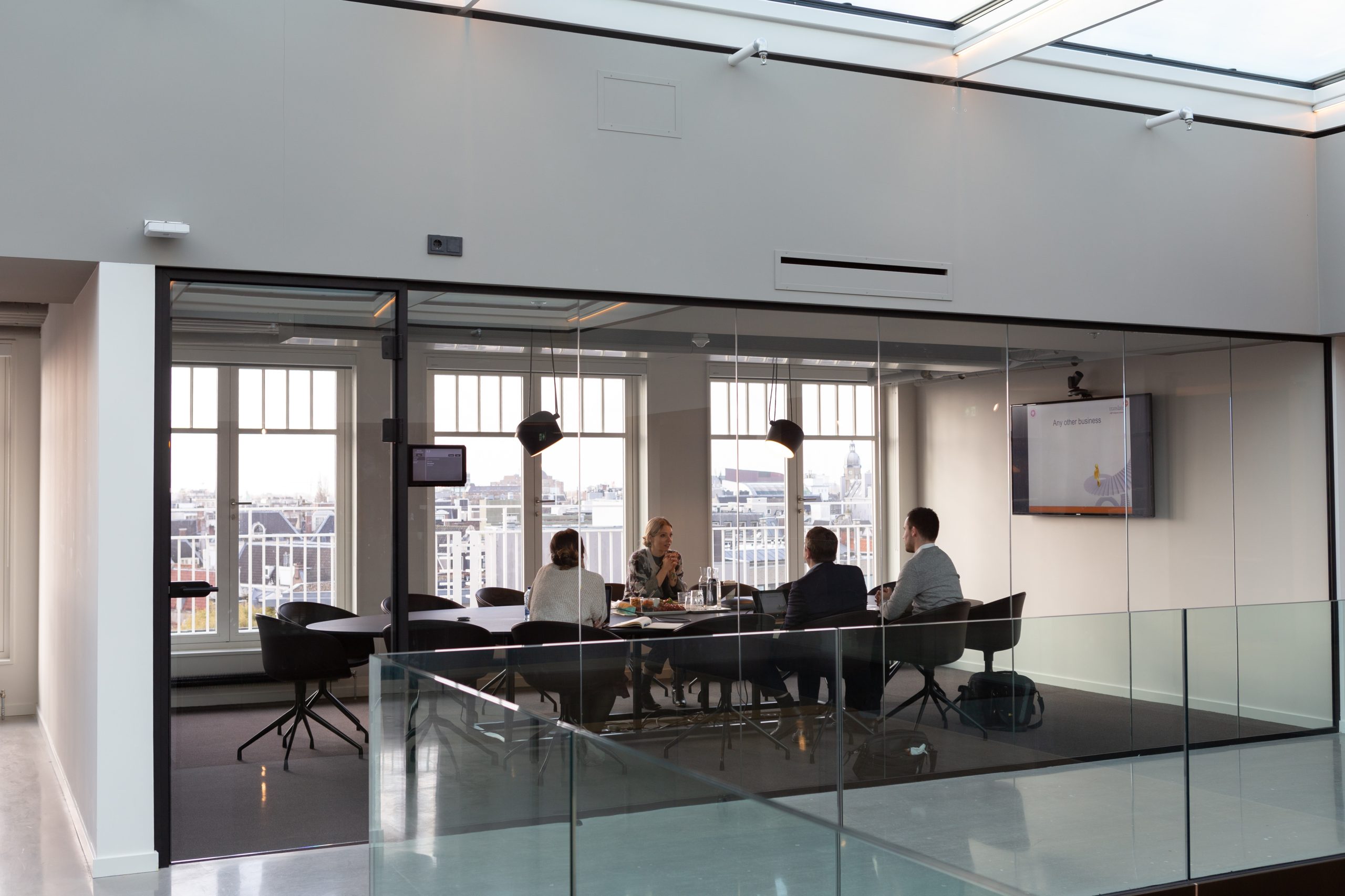
business mediation
Turning conflict into collaboration.
Mediation offers businesses a cost-effective, time-efficient, and confidential alternative to litigation that allows for more control, creative solutions, and the preservation of important relationships.
Turning conflict into collaboration.
Resolving disputes, restoring relationships.
Utmost professionalism, efficiency, and care.

Dr. Harmath Lilla
Doctor of Law, LLM, MSc in SHRM, IMI Certified Mediator Accredited by the Ministry of Justice
Areas of Expertise:
Business and Workplace Mediation, Interest-based Negotiation, Collaborative Negotiation, Facilitation, Dispute Resolution Consulting and Strategic Planning, Conflict and Executive Coaching
Recent blog posts

Intermediate procedures in alternative dispute resolution
The Anglo-Saxon countries are also at the forefront in further developing alternative dispute resolution mechanisms and rethinking their tools and methods. While in Europe the use of alternative dispute resolution, which is neither arbitration nor classical mediation, is not common practice, in the United States and Canada there are already a number of organisations offering such 'new' procedures.

Alternative dispute resolution in international trade
The ADR (alternative dispute resolution) "movement" started in the 1970s in the United States with the aim of offering more effective alternatives to litigation. The first ADR method adopted was based on an arbitral tribunal decision, which initiated several new practices and procedures anticipating the reform of the judicial system, including the challenge to a judge's (or arbitrator's) decision.

Reasons why businesses should choose mediation over litigation:
Cost-effective: Mediation is often significantly cheaper than litigation. In a lawsuit, legal fees and court costs can quickly add up, whereas mediation typically involves only the mediator's fees and any preparation costs. By avoiding lengthy and expensive court battles, businesses can save money and allocate their resources more effectively.
Mediation is a method of dispute resolution
Mediation is a method of dispute resolution in which the parties concerned or their authorised representatives voluntarily negotiate with the help of an external, independent person (or persons) who have no decision-making power in the exercise of public authority, with a view to settling their dispute. The person leading the negotiation is the mediator, who uses his or her expertise to help the parties find the best solution. The process, if successful, is usually concluded by a written agreement setting out the parties' agreed rights and obligations.
Cost-effective:Mediation is often significantly cheaper than litigation. In a lawsuit, legal fees and court costs can quickly add up, whereas mediation typically involves only the mediator's fees and any preparation costs. By avoiding lengthy and expensive court battles, businesses can save money and allocate their resources more effectively.
Time-efficient:Mediation can also save time compared to litigation. The court system can be slow and backlogged, causing lawsuits to drag on for months or even years. Mediation, on the other hand, is often completed in a matter of days or weeks. This is particularly advantageous for businesses that need to resolve a dispute quickly to avoid disruption to their operations.
Confidentiality:Mediation is a private process that allows parties to resolve disputes confidentially. Unlike litigation, which is a matter of public record, the details of mediation discussions are not disclosed. This can be especially important for businesses that want to protect their reputation or sensitive information.
Control:In mediation, parties have more control over the outcome of the dispute. Unlike litigation, where a judge or jury ultimately decides the outcome, parties in mediation work together to reach a mutually agreeable solution. This can be especially important for businesses that want to maintain a positive relationship with the other party, as mediation can preserve the relationship and prevent further animosity.
Customizable solutions:Mediation allows for more flexible and creative solutions than litigation. In a lawsuit, the court is limited to awarding monetary damages or issuing an injunction. In mediation, parties can craft unique and customized solutions that better fit their needs and interests. This can be particularly valuable for businesses that want to maintain a certain level of autonomy and flexibility in the resolution of their disputes.
- when the parties voluntarily agree to participate in the procedure
- when it is important for the parties to respect each other, to preserve their authority and to maintain trust (at least in relation to other colleagues or market players)
- if the parties wish to maintain their relationship in the future,
- or wish to terminate the relationship amicably and in a mutually satisfactory manner
- if the parties have the necessary authority to reach an agreement
